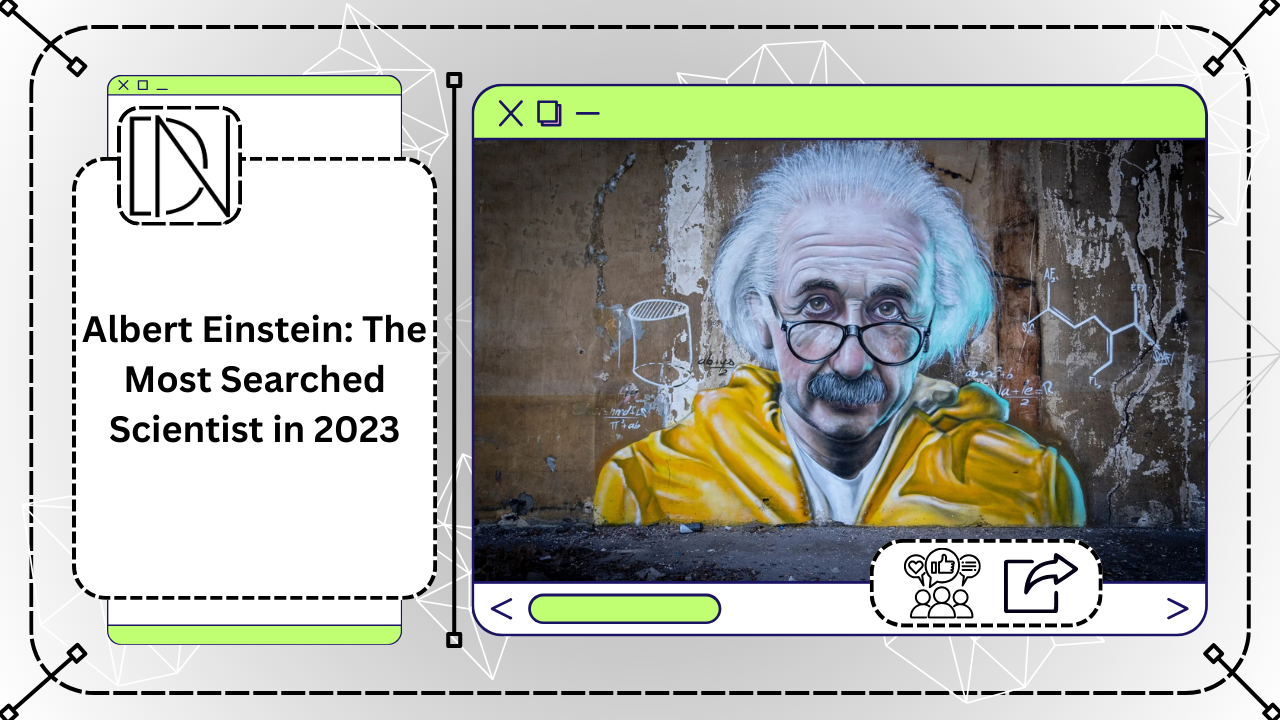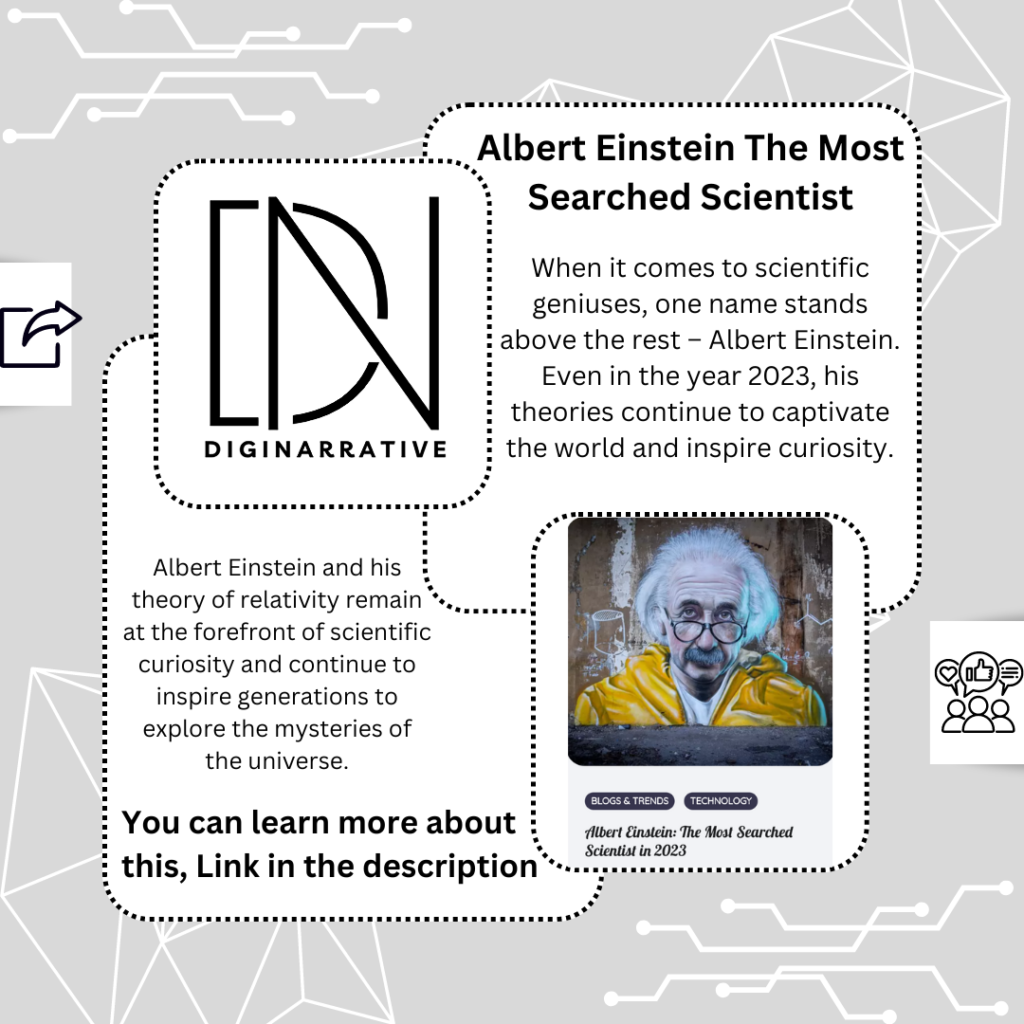Who is Albert Einstein
The Early Life of Albert Einstein
Albert Einstein, born on March 14, 1879, in Ulm, Germany, was one of the most influential scientists in modern history. From a young age, Einstein displayed an extraordinary curiosity and intelligence. His education journey started at the Luitpold Gymnasium in Munich, where he began cultivating a keen interest in mathematics and physics.
Einstein’s Revolutionary Scientific Contributions
Einstein’s contributions to science are both profound and numerous. The year 1905, often referred to as his ‘Annus Mirabilis’ or miracle year, saw him publish four groundbreaking papers. These papers introduced the theory of special relativity, explained the photoelectric effect, and provided groundbreaking insights into Brownian motion. Of all his work, Einstein is perhaps most renowned for his equation E=mc², which reveals the relationship between mass and energy.
A Legacy of Influence and Controversy
Beyond his scientific achievements, Einstein was also an outspoken advocate for various social causes. He strongly opposed war and was a dedicated pacifist. His outspoken nature often brought him into conflict with political entities, yet he remained committed to his principles. Albert Einstein’s theories not only revolutionized our understanding of the universe but also cemented his legacy as a brilliant thinker and humanitarian.
Einstein’s Later Years
In the later years of his life, Einstein continued to explore theoretical physics, even as he settled in Princeton, New Jersey, after fleeing the rise of Nazi Germany. He accepted a position at the Institute for Advanced Study where he worked until his death in 1955. His impact on science, philosophy, and humanity continues to be felt, making him an enduring figure of intellectual greatness.
Introduction to Einstein’s Greatest Achievements
Albert Einstein, widely regarded as one of the most influential scientists of the 20th century, made numerous contributions to the field of theoretical physics. Within his extensive body of work, certain achievements stand out as the pinnacle of his career, fundamentally altering our understanding of the universe.
The Theory of Relativity
Arguably, Einstein’s most famous and impactful work is his theory of relativity. This includes both the special theory of relativity and the general theory of relativity. The special theory of relativity, published in 1905, introduced the groundbreaking concept that time and space are interwoven into a single continuum known as spacetime. Moreover, it led to the iconic equation, E=mc², establishing a relationship between mass and energy.
The General Theory of Relativity
Building on his previous work, Einstein published the general theory of relativity in 1915. This theory revolutionized our understanding of gravitation, presenting it as a curvature of spacetime caused by mass. This conceptual framework provided new insights into the nature of black holes, the movement of planets, and the expansion of the universe. The confirmation of the theory through observation of a solar eclipse in 1919 catapulted Einstein to global fame.
Quantum Theory and the Photoelectric Effect
In addition to relativity, Einstein made significant contributions to quantum theory. His 1905 paper on the photoelectric effect demonstrated that light could be understood as quanta of energy, later called photons. This pivotal work not only earned him the Nobel Prize in Physics in 1921 but also laid the foundation for the development of quantum mechanics.
Conclusion
Albert Einstein’s career is marked by profound discoveries and contributions that have left an indelible mark on science and our comprehension of the universe. Whether through his theory of relativity or his work on quantum theory, Einstein’s legacy continues to illuminate and inspire the path of modern physics.
Most Searched Scientist
When it comes to scientific geniuses, one name stands above the rest – Albert Einstein. Even in the year 2023, his theories continue to captivate the world and inspire curiosity. Among his many groundbreaking contributions, it is his theory of relativity that remains the most searched and sought-after.
While Einstein’s quantum theory and atomic theory are undoubtedly significant, it is his theory of relativity that captures the imagination of both scientists and the general public. From the moment it was introduced over a century ago, it revolutionized our understanding of space, time, and gravity.
What is it about Einstein’s theory of relativity that makes it so endlessly fascinating? Perhaps it is the mind-bending concepts it presents, challenging our conventional understanding of the universe. The theory suggests that space and time are not separate entities but are interconnected in a four-dimensional fabric known as spacetime.
One of the most famous aspects of the theory is the concept of time dilation. According to Einstein, time is not constant but can vary depending on the speed at which an object is moving or the strength of the gravitational field it is in. This means that time can appear to move slower for objects in motion or in the presence of strong gravity.
Another mind-boggling idea from the theory is the equivalence of mass and energy, famously expressed in the equation E=mc². This equation shows that mass can be converted into energy and vice versa, opening up possibilities for nuclear power and the development of atomic bombs.
But why does the theory of relativity continue to be the most searched aspect of Einstein’s work? One reason could be its practical applications. Technologies such as GPS navigation systems rely on the precise measurements of time and space that the theory provides. Without Einstein’s insights, our modern world would be a very different place.
Additionally, the theory of relativity has captured the public’s imagination like no other scientific concept. It has been featured in countless books, movies, and TV shows, often portrayed as the pinnacle of scientific understanding. The image of Einstein, with his wild hair and thoughtful expression, has become synonymous with genius.
It’s worth noting that Einstein’s quantum theory and atomic theory are also significant contributions to science. Quantum theory revolutionized our understanding of the microscopic world, introducing the idea of particles existing in multiple states at once. Atomic theory, on the other hand, laid the foundation for our understanding of matter and the structure of atoms.
However, it is the theory of relativity that continues to capture the public’s attention and dominate search engines. Its concepts are both mind-bending and practical, appealing to both the scientific community and the general public. Einstein’s genius and his ability to communicate complex ideas in a relatable way have made him a household name.
So, as we move forward into the future, it seems that we just can’t keep gravity down. Albert Einstein and his theory of relativity remain at the forefront of scientific curiosity and continue to inspire generations to explore the mysteries of the universe.













